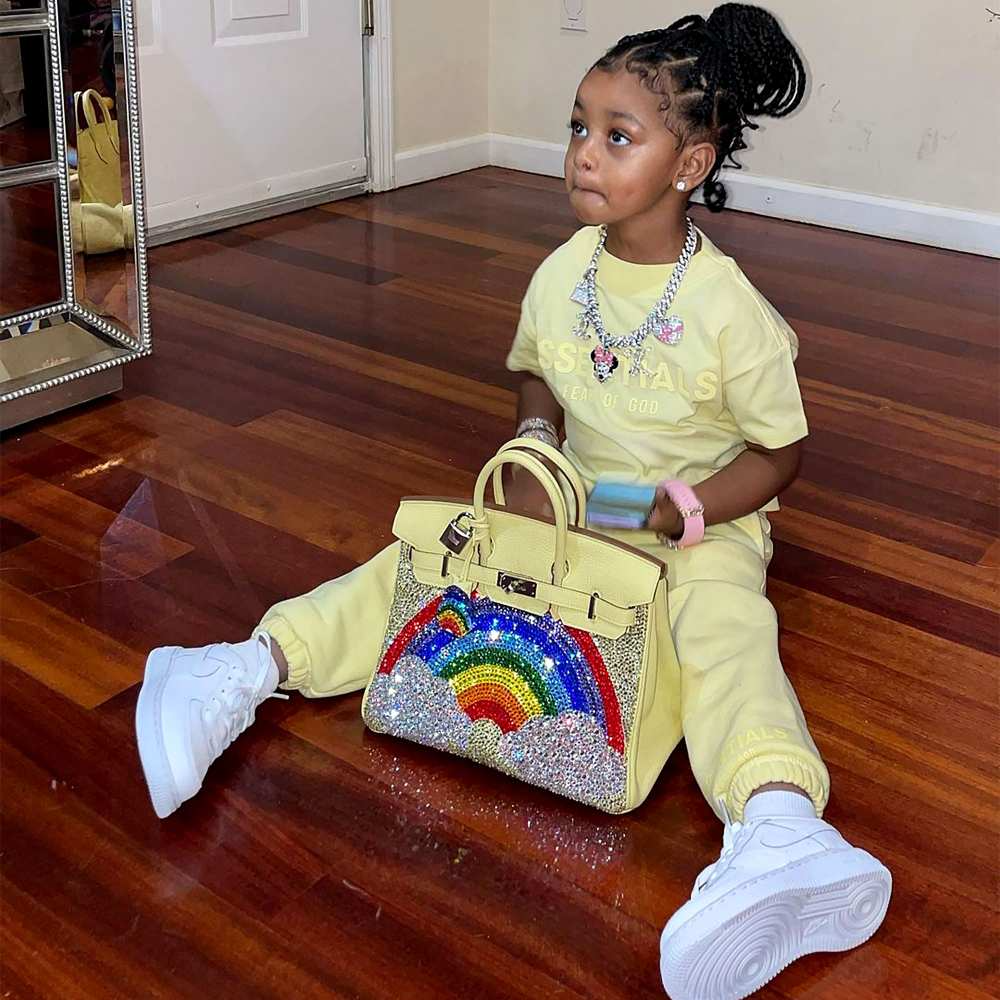Cardi B showcases a collection of Hermès Birkin handbags valued at half a million dollars in her home

Cardi B, the outspoken New York hip-hop artist, showcases a collection of Hermès Birkin handbags valued at half a million dollars in her home. Is this extravagant? For educators at Clayton County Public Schools in suburban Atlanta, it serves as a clever way to captivate middle schoolers, particularly those who are fans of Cardi B and hip-hop, in a math lesson about ratios and proportions.

Clayton County Public Schools, where about 70 percent of students are Black, 13 percent are Hispanic, and 20 percent come from families below the poverty line, is experimenting with culturally relevant math instruction to boost student engagement. The Cardi B lesson, presented at a math convention, aims to encourage students to think about math in an exciting and relatable way.
In this lesson, students explore questions such as: How much would they need to earn to afford one of Cardi B’s six-figure handbags? What if they wanted to buy a $45,000 “iced-out” Rolex? Or, on a more practical note, what salary would be required for a $7,500 trip to Walt Disney World for a family of four?

Tonya Clarke, the coordinator of K-12 mathematics for Clayton County schools, shared that the initial appeal draws students in, making them more receptive to math concepts. The district is still refining the Cardi B lesson, adding detailed notes and guidance for teachers before implementation.

Efforts to bring a “culturally responsive” framework to math instruction gained momentum in the district in 2017. The goal is to position students as owners of their learning, fostering a sense of belonging within the classroom. This approach aligns with Georgia’s 2021 revision of math standards, emphasizing “mathematical modeling” at every grade level.
The district’s “I’m W.O.K.E. Project” (Widens Options through Knowledge and Empowerment) incorporates project-based math lessons using real-world data, such as New York’s stop-and-frisk policy and the spread of Covid-19. The district aims to make math more engaging and relatable for students by incorporating culturally relevant teaching methods and tools like manipulatives.

Catherine Lawrence, an instructional support teacher in math and science, acknowledges that middle school students often enter math classes with fear and apprehension. Culturally relevant teaching, along with tools like manipulatives, helps break through this fear and make math more accessible.

However, implementing culturally relevant teaching methods requires ongoing training and support for teachers to bridge the gap between concrete, tangible examples—such as the price of a handbag or data about arrests—and abstract mathematical concepts.
Despite challenges, the Cardi B lesson serves as a tangible example for teachers that infusing cultural relevance into math classes is achievable and worthwhile. While the process is ongoing, the district remains committed to helping teachers understand that math is not just about numbers but also about problem-solving.
